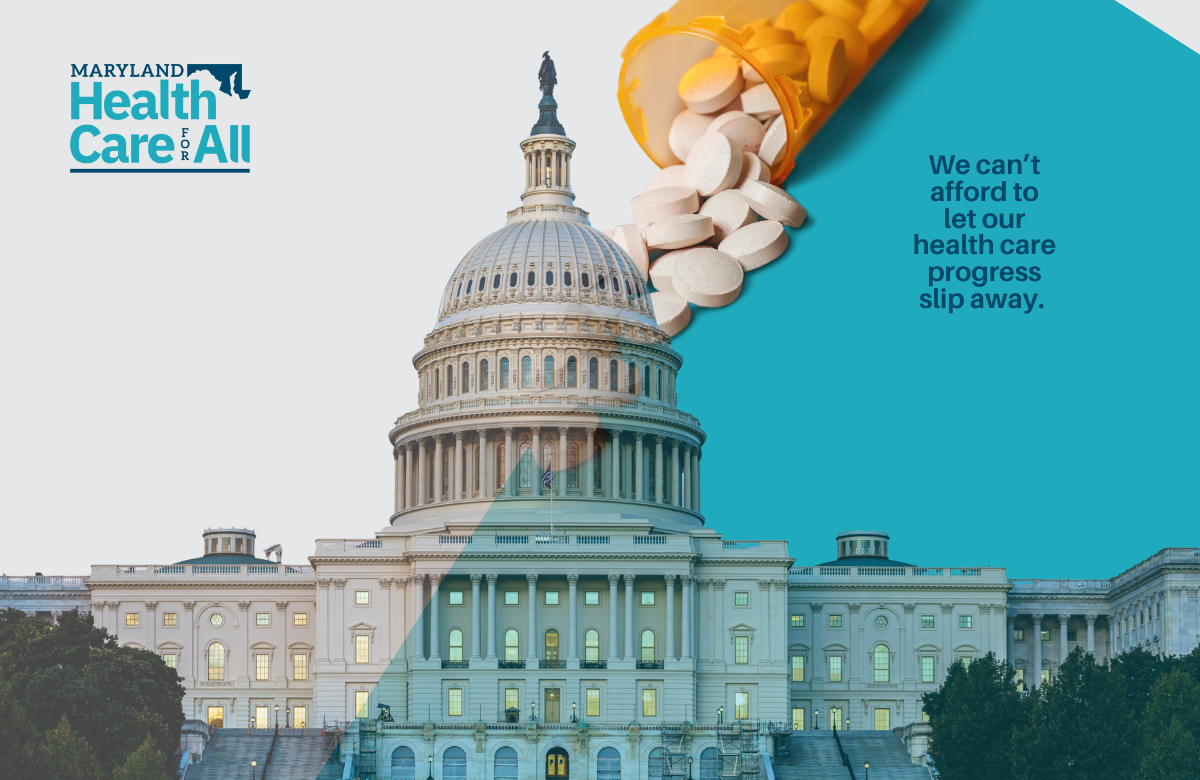Herald Mail
Friday, June 26, 2015 7:00 am
By CJ Lovelace
Regardless of the outcome, a U.S. Supreme Court ruling Thursday upholding federal subsidy provisions in the Affordable Care Act had no bearing on Maryland, which has its own health care exchange, according to experts.
“Marylanders who receive tax credits or cost-sharing reductions are not in danger of losing those benefits with this ruling,” Vincent DeMarco, president of the Maryland Citizens’ Health Initiative, said in a news release.
In the case of King v. Burwell, the court considered whether tax credits should be offered through the federal exchange, Healthcare.gov, or only through the 16 state-run exchanges, like the Maryland Health Connection.
“What was unclear was the 34 other states where they were either a partner with the federal or completely with the federal (exchange),” said Bonnie Braun, a health care expert and professor emeritus with the University of Maryland Extension. “… It isn’t earth-shaking, but because we’re all a part of a bigger system, it’s good to see that that is reaffirmed.”
The court’s 6-3 ruling to uphold the availability of federal subsidies through the ACA — often referred to as “Obamacare” for its principal backer, President Barack Obama — means the credits remain available to all Americans, providing millions of dollars in assistance to reduce health insurance premiums in the last year to those who met income requirements.
“Over 6 million Americans and their families will sleep easier knowing they will still be able to afford health coverage,” Sylvia Burwell, secretary of the U.S. Department of Health and Human Services, said in a statement.
U.S. Rep. John K. Delaney, D-Md., also applauded the court’s decision.
“Today’s ruling is extremely good news, as once again, the Supreme Court has upheld the fundamentals of the Affordable Care Act,” he said in a statement.
“This case has brought into sharp relief what is at stake when we debate this law, which is about real people getting real health care coverage, not the political news cycle,” he said,
Pennsylvania
In Pennsylvania, one of the 34 states that has used the federal exchange, more than 380,000 residents currently enrolled could have lost their assistance had the court ruled against the ACA, state officials said.
Democratic Gov. Tom Wolf issued a statement, saying he was “extremely pleased” by the court’s decision.
“As a result of this decision, roughly 382,000 Pennsylvanians will keep their much-needed assistance to help them afford health care,” Wolf said.
“I took steps to protect Pennsylvania’s consumers by putting in place a contingency in the event the Supreme Court ruled people are not eligible for subsidies, but I am pleased to say that we will no longer need to rely on this plan,” he said.
The state had received preliminary approval to withdraw from the federal exchange and establish its own marketplace, but those plans were scrapped after Thursday’s decision.
But U.S. Rep. Bill Shuster, R-Pa., said the court’s ruling “does nothing to change the need for Congress to protect American people from this failed law.”
“The Supreme Court does not determine what is good policy and what is bad policy,” Shuster said in a statement. “From the moment Obamacare was rammed through a Democrat-controlled Congress without a single Republican vote, to its enactment, one thing has been clear — Obamacare would have negative consequences for individuals, families and small businesses in every area of the country.”
West Virginia
The scenario for West Virginia, also a user of the federal exchange, was the same as Pennsylvania.
“We appreciate the court’s ruling,” said Shaya Varner, press secretary for Democratic Gov. Earl Ray Tomblin. “This will help West Virginians who count on the tax credits available through the Affordable Care Act to continue purchasing insurance through the private market.”
During the 2015 enrollment period, nearly 30,000 West Virginia residents enrolled in coverage through the federal exchange, with about 85 percent of those receiving help to pay their monthly premiums, according to the governor’s office.
“This is a huge relief for the people of West Virginia,” said Terri Giles, executive director of the consumer group West Virginians for Affordable Health Care. “People don’t have to worry about losing their health care.”
Those who have qualified for subsidies receive an average of $314 in assistance to purchase coverage, helping residents find affordable health care options but also adding almost $100 million to the West Virginia economy that creates new jobs and business activity, Giles said.
“It’s all about the people in our country who need to be healthy to help us move forward, to help us grow,” she said.
People who qualify for expanded Medicaid can enroll year-round, and the next open enrollment period for coverage is Nov. 1 through Jan. 31, 2016.
The Associated Press contributed to this story.



